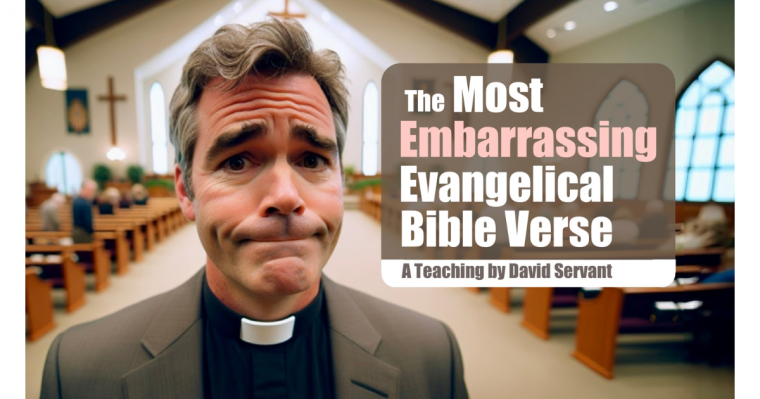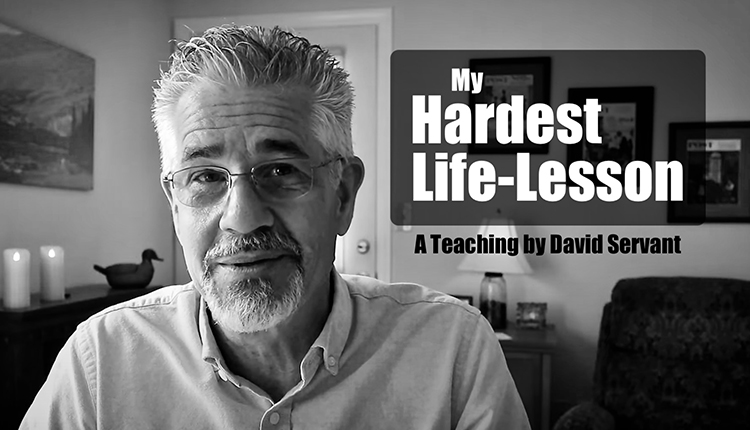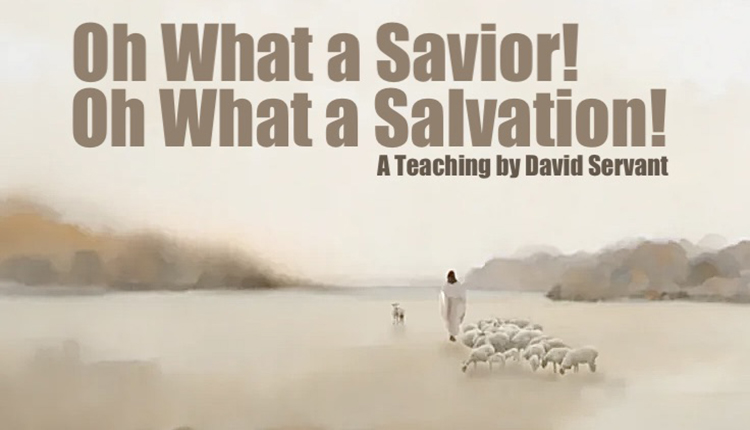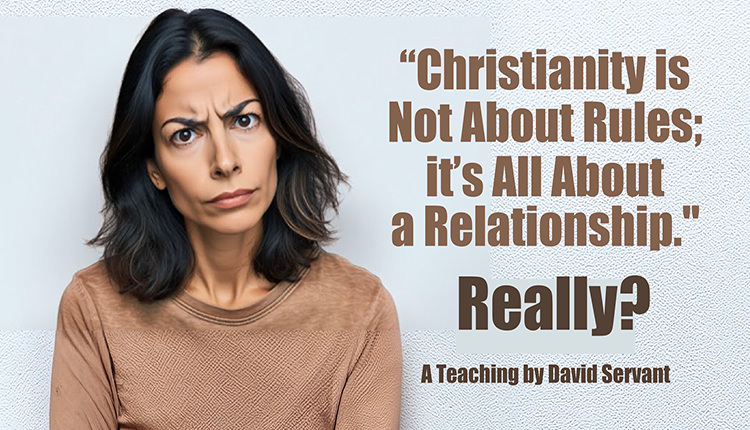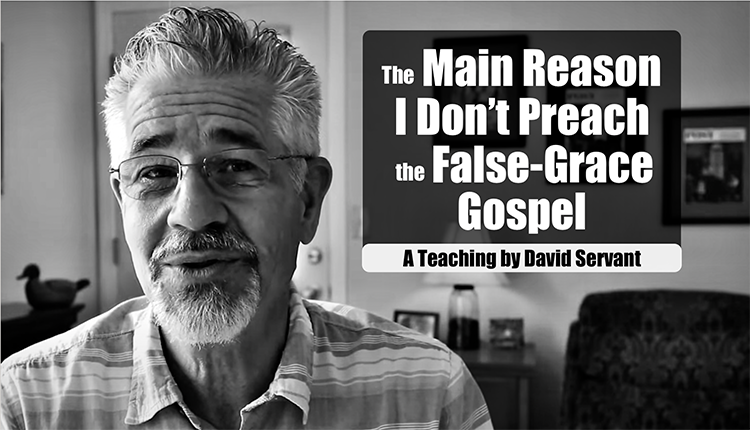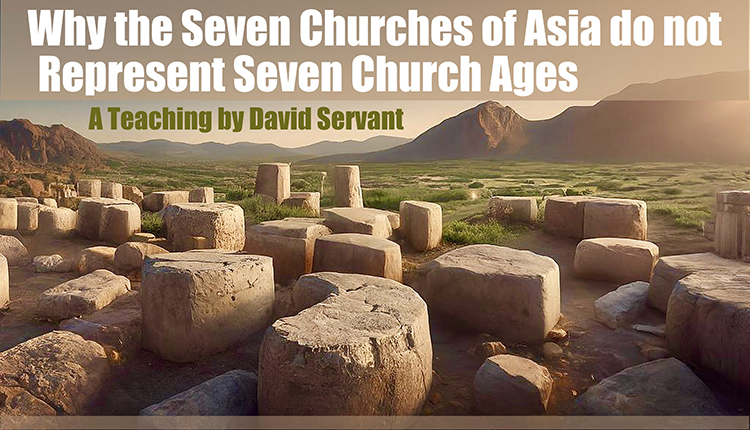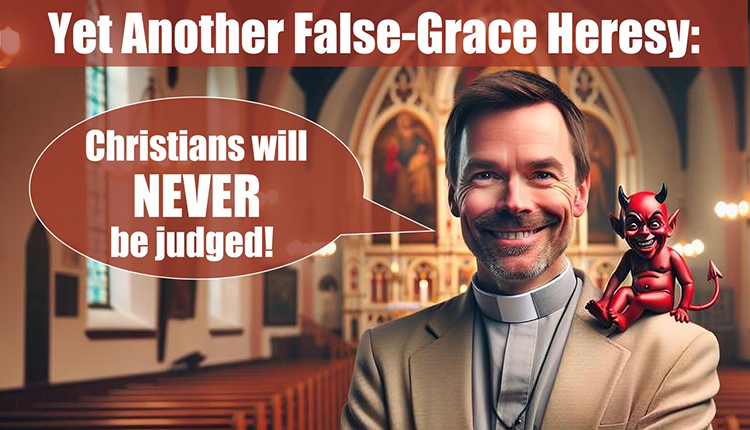
One of the most liberating events of my Christian life was the moment I decided I was going to read the Bible honestly, believing everything as it is written, without trying to find ways to force my theology into passages that, on the face, seemed to contradict my theology.
As you might imagine, my theology started changing. It was so liberating to finally be able to accept many passages that I previously rejected—albeit unconsciously—because I was sure, yet self-deceived, that I was a “Bible-believer.”

